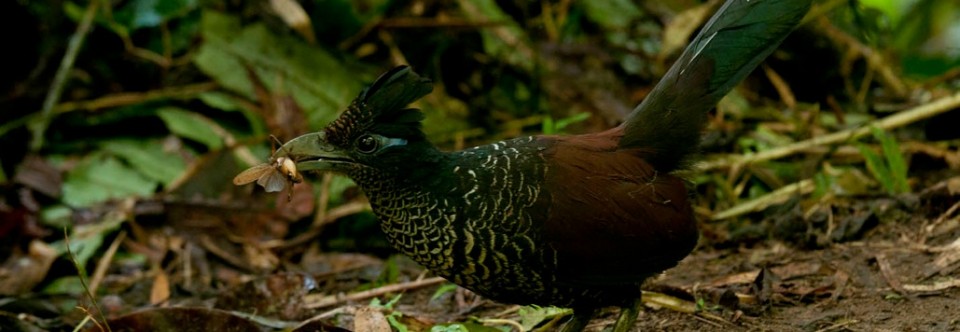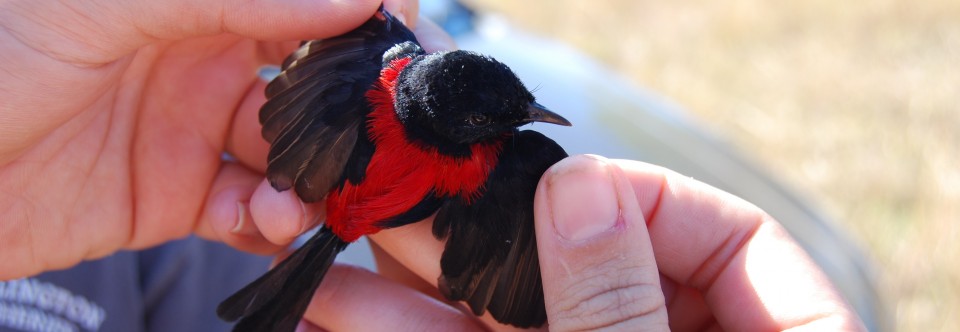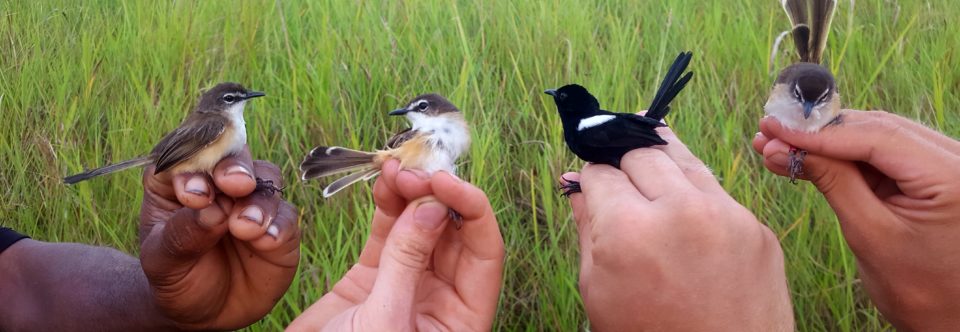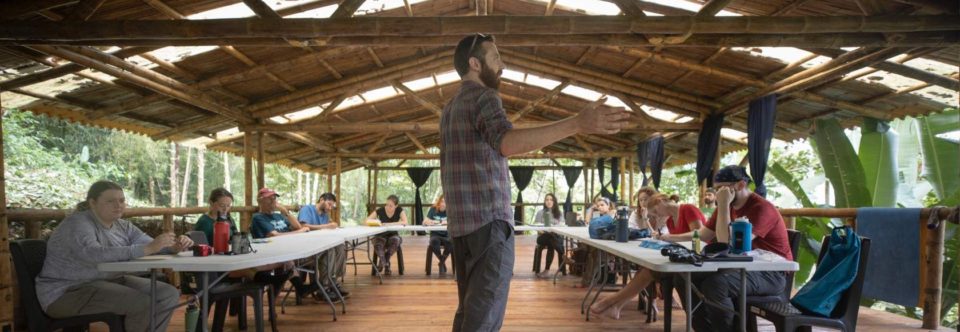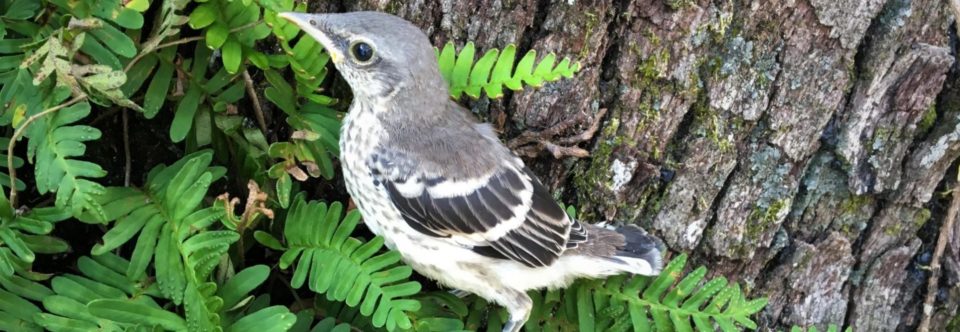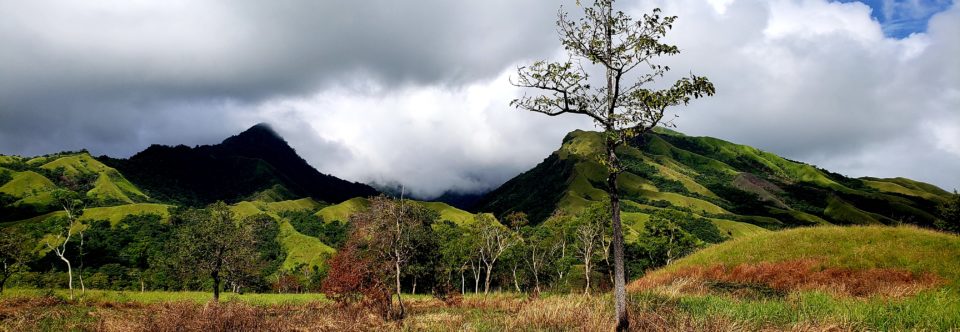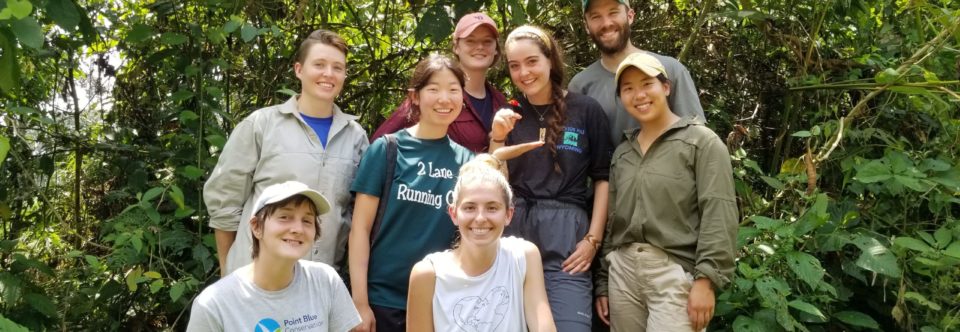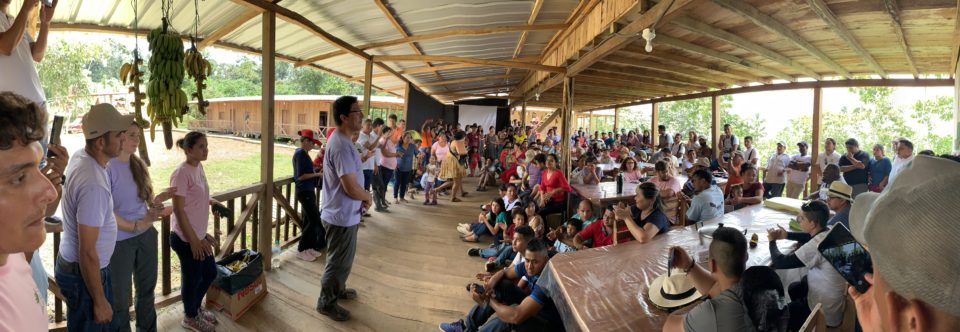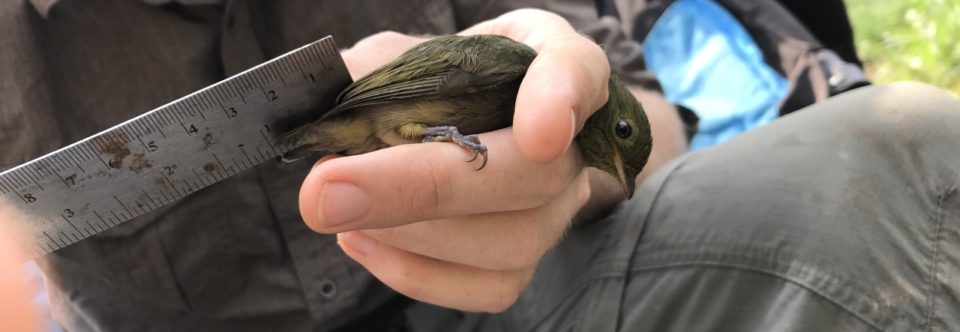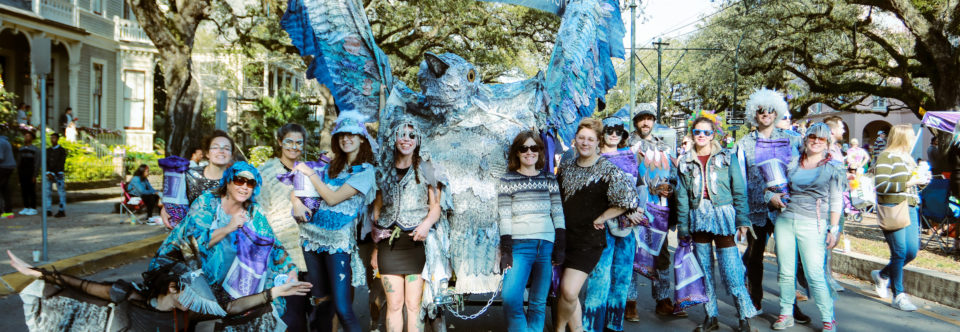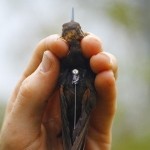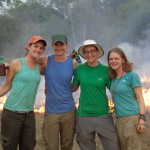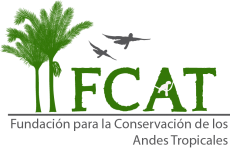"Welcome!"
Welcome! Our lab explores how the environment that organisms experience shapes their ecological, behavioral, evolutionary, and conservation trajectories. We focus our research on animal and plant and plant systems around the world, with active studies on plant-animal interactions, mating systems, demography and survival, signal evolution, movement and dispersal, and endangered species. Our lab takes a socially aware approach that combines community-engaged participatory research with capacity building, training, and education in the biodiversity hotspots where we work.
Spring 2015
Another academic year has come and gone, and the lab is spread far and wide for the annual summer diaspora. Lab members are conducting research in Australia, Brazil, Colombia, Ecuador, Papua New Guinea, Peru, and points beyond while others continue their research closer to home in the city of New Orleans and the Gulf of Mexico’s barrier islands. Since the last update, the lab received 2 NSF Doctoral Dissertation Improvement Grants (DDIG), 1 NSF Graduate Research Fellowship (GRF), and been recommended for 1 NSF International Research Experience for Students (IRES) grant and 1 NSF EAGER grant. We have published papers in Heredity (Browne et al. 2015), Journal of Avian Biology (Durães Ribeiro et al. 2015), and Journal of Field Ornithology (Walter et al. 2014). Details are as follows:
Jordan and family are heading to Ecuador in May to teach EBIO 3780 ’Tropical Field Biology & Conservation’, a field course in Ecuador. Jordan will be presenting at the PALMS conference in Montenegro Colombia in June, and the Ecological Society of America conference in Baltimore MD in August.
Jenny received an NSF DDIG to expand her work in nectar robbery and hummingbird pollination and an EEB Departmental Fellowship to help with writing up in the Fall. This summer, she will be radio tracking hummingbirds in Peru.
Sam received the 2014/15 Best Teaching Assistant award for Department of Ecology & Evolutionary Biology as well as the prestigious Tulane Woodrow Wilson Teaching Fellowship in the School of Science & Engineering for the 2015/16 year. She will be in Australia this summer, gathering data on fairy-wren condition and habitat use outside Brisbane.
Luke, former post-doc Kym Ottewell, and Jordan published the paper ‘The short-term genetic consequences of habitat loss and fragmentation for the neotropical palm Oenocarpus bataua’ in Heredity (Browne et al. 2015). Luke was also awarded DDIG funding from the NSF to continue work on the impacts of habitat fragmentation on gene flow in the Oenocarpus system. He will be helping to teach EBIO 3780, presenting at the PALMS conference in Montenegro Colombia in June, and conducting research in Ecuador and in the lab this summer.
Erik received a grant from the American Museum of Natural History for his work on the evolution of sexual dimorphism in white-shouldered fairy-wrens, and presented a poster at the American Ornithologists Union (AOU) on his work. He is heading to Papua New Guinea for another field season.
Brock received grants from the Animal Behavior Society, the Wilson Ornithological Society, and the Louisiana Sea Grant for his research on brown pelican foraging ecology, and also presented a poster at AOU. He will be tracking GPS-equipped pelicans in the Gulf of Mexico this summer.
Zoe completed her first year of graduate school in high style, and received a NSF Graduate Research Fellowship to boot! She will be helping to teach EBIO 3780, participating in an OTS course in Costa Rica, and conducting pilot field research in Ecuador this summer.
Read MoreFall 2014
Autumn is here, and most lab members have returned from the far ends of the earth to New Orleans for fall semester at Tulane. It was quite the summer, and things show little sign of slowing down in the fall. Since the last update, we received a grant from the National Science Foundation for work on white-shouldered fairy-wrens in Papua New Guinea, and had publications come out in Evolution, Canadian Journal of Zoology, and Journal of Tropical Ecology.
Luke Browne was in Ecuador, collecting data on palm dispersal and demography at Bilsa Biological Station and mentoring research by Malinda Chambers, now a +1 MS student in the lab, and John Bailey Cox, a Tulane undergrad. Luke is remaining down in Ecuador through the end of the year to study forest fragments, as described below.
Brock Geary worked with Dr. Scott Walter to successfully deploy 14 GPS tracking devices on brown pelicans in the Gulf of Mexico, with support from the National Geographic Society. He is now working through the trove of data he collected. Brock has been developing a collaboration to link pelican movements to distributions of the fish they forage upon with Dr. Kevin Purcell, a new friend of the lab!
Erik Enbody conducted research on white-shouldered fairy-wrens at our study site in Papua New Guinea’s Milne Bay Province, and gathered additional data from Western, and Enga Provinces. With support from the Disney Worldwide Conservation Fund, he and Max Alliaga to helped to produce a short film on this project and worked with resident Serena Ketaloya to provide a series of training workshops and educational events for local communities.
Zoe Diaz-Martin spent time in Ecuador becoming familiar with the field site, helping Luke, and also collecting seed trap data with local resident researcher Domingo Cabrera. Zoe is now busy taking classes and settling into life in New Orleans.
After wrangling pelicans over the summer, post-doc Dr. Scott Walter is currently in Ecuador, working with Luke and our friends at FCAT. They are leading a research team consisting of local residents, university students, and PhD level researchers. The team is assessing effects of forest fragmentation on biodiversity, with focused studies of many taxa including amphibians, mammals, understory bird communities, nocturnal birds, beetles, orchid bees, bird parasites, soil bacteria, palm species diversity, and forest structure. This project is supported by US Fish & Wildlife Service, Disney Worldwide Conservation Fund, CREOi, and Conservation, Food & Health Foundation.
Over the summer, Jordan Karubian caught up with Sam and the IRES team in Australia, and then visited Erik in Papua New Guinea. He traveled to the Animal Behavior Society meeting in August, as well as the American Ornithologists Union annual meeting in September, where he presented along with Sam, Erik and Brock. Jordan and friend of the lab Renata Ribeiro are currently seeking students for Tropical Field Biology and Conservation (EBIO 378), a summer field course in Ecuador! Stay tuned for our next update, in early 2015.
Read More
